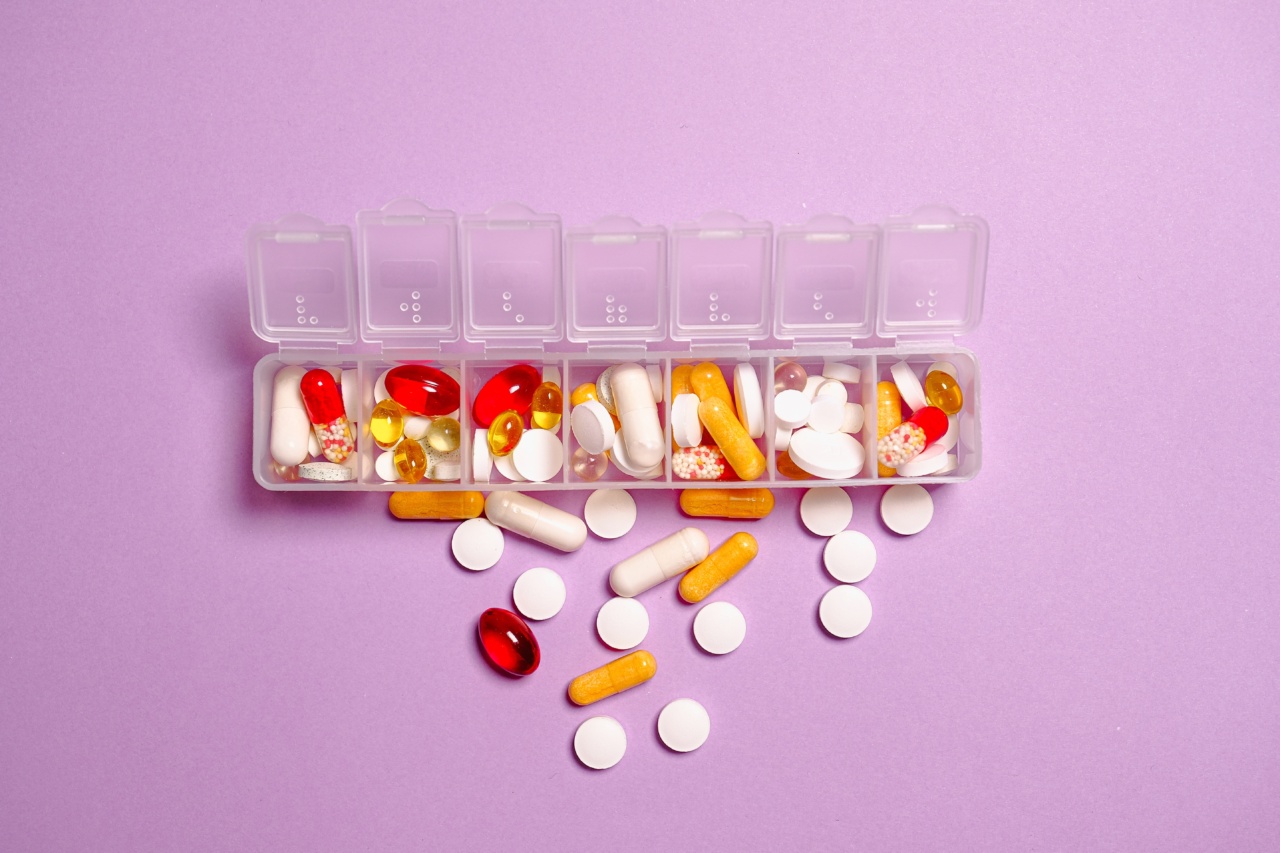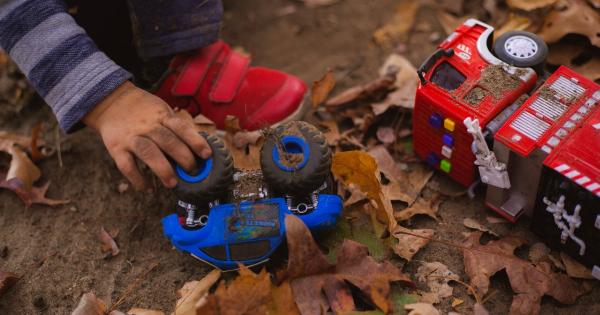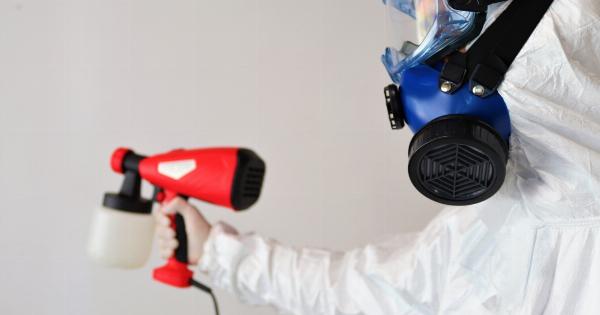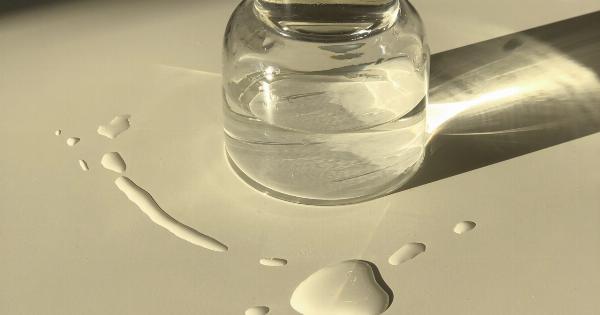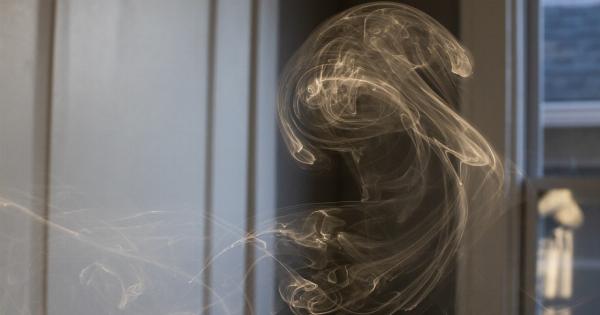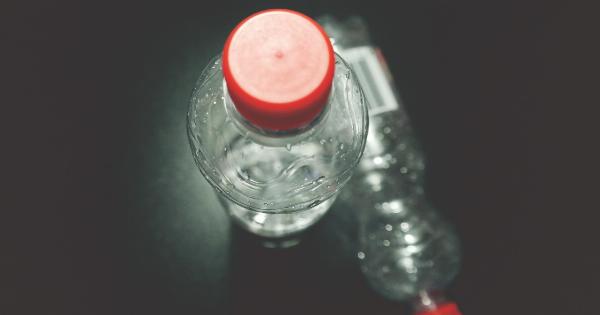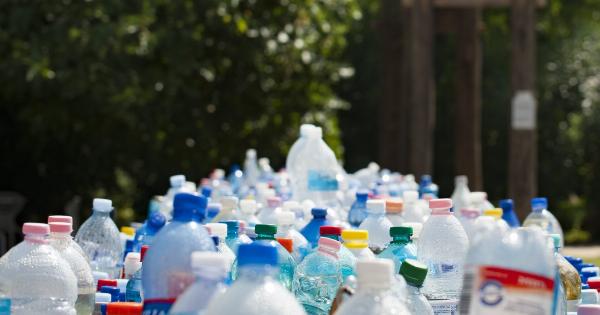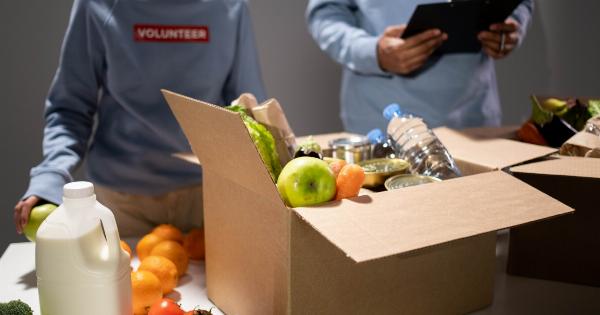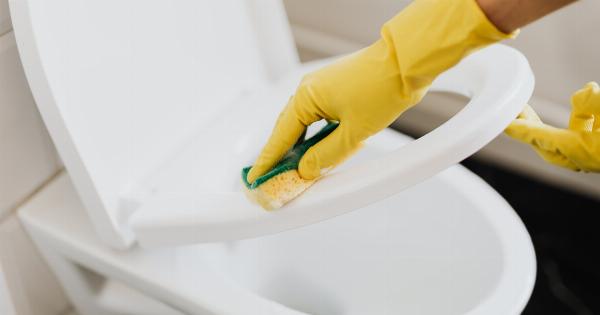Many people use plastic containers to reheat food in the microwave. While convenient, there are health risks associated with heating plastic in the microwave.
In this article, we will explore why heating plastic in the microwave can be harmful and what precautions you can take to reduce your risk of exposure to harmful chemicals.
What Happens When You Heat Plastic in the Microwave?
When you heat plastic in the microwave, the high temperature can cause the plastic to release chemicals. These chemicals can leach into the food and pose a health risk.
Bisphenol A (BPA)
BPA is a chemical that is commonly found in polycarbonate plastics, which are used to make food storage containers and water bottles. When you heat up these plastics in the microwave or dishwasher, BPA can leak into your food or drink.
This is especially true if the plastic is old, scratched, or has been heated many times.
BPA is an endocrine disruptor, which means it can interfere with your hormones. Exposure to high levels of BPA has been linked to a range of health problems, including:.
- Infertility
- Heart disease
- Diabetes
- Obesity
- Cancer
Phthalates
Phthalates are chemicals that are added to plastic to make it more flexible. These chemicals have been linked to a range of health problems, including developmental problems in children, and reproductive problems in adults.
When you heat up plastic that contains phthalates in the microwave, these chemicals can leach into your food.
How to Use Plastic Safely in the Microwave?
The safest way to heat food in the microwave is to use glass or ceramic containers. These materials do not leach chemicals into your food, and they are heat-resistant.
If you do use plastic, make sure that it is labeled as microwave-safe. This means that the plastic has been tested and determined to be safe for use in the microwave.
These plastics are made with materials that are less likely to leach chemicals into your food. Look for the microwave-safe symbol on the bottom of the container.
It is also important to avoid old or scratched plastic containers. These containers are more likely to release chemicals into your food when heated in the microwave.
If your plastic containers are old or scratched, it is best to replace them with new ones.
Conclusion
Heating plastic in the microwave can release harmful chemicals into your food, including BPA and phthalates. These chemicals have been linked to serious health problems, such as infertility, heart disease, and cancer.
The best way to reduce your risk of exposure to these chemicals is to use glass or ceramic containers when heating food in the microwave. If you do use plastic, make sure that it is labeled as microwave-safe and avoid using old or scratched containers.
